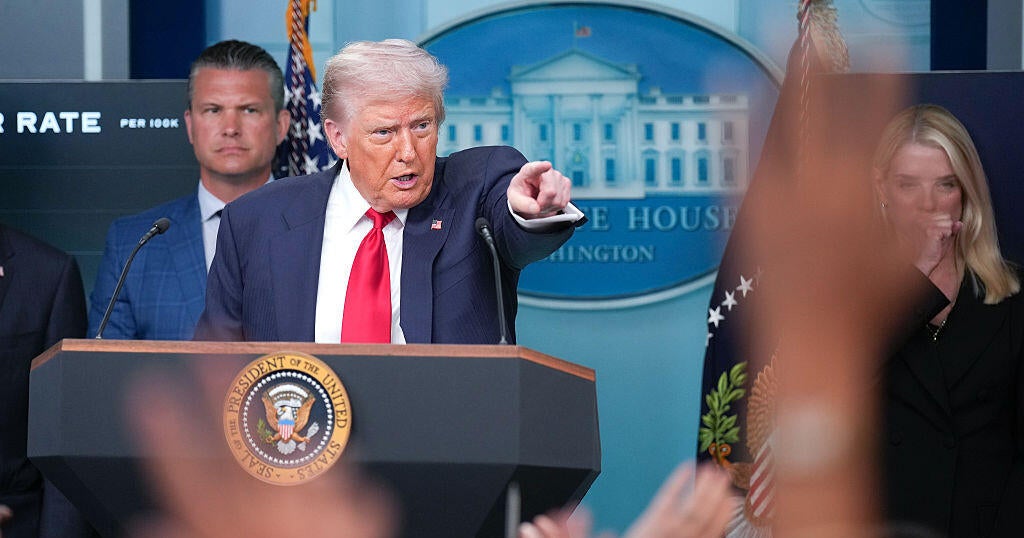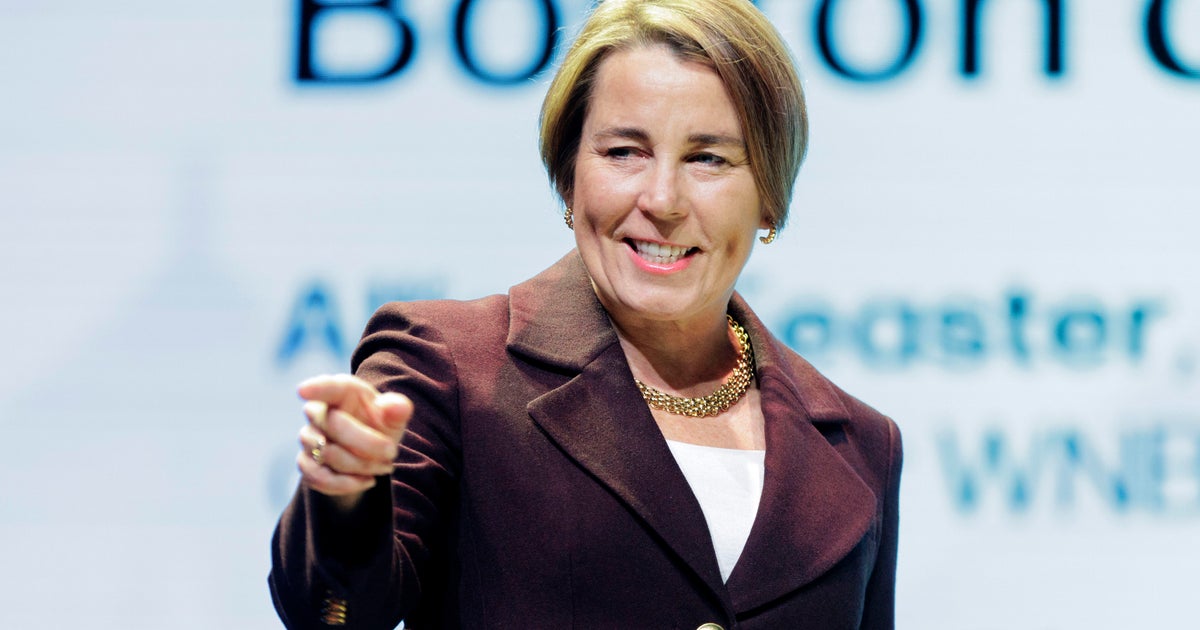Calif. Gov. Jerry Brown vetoes presidential candidate tax return disclosure bill
Democratic Governor Jerry Brown vetoed a bill on Sunday that was hailed as an effort to force President Donald Trump and future White House hopefuls to disclose their personal tax returns in order to be put on the California ballot.
Brown argued that the measure would likely be overturned by the courts, casting serious doubt in its future.
"While I recognize the political attractiveness -- even the merits -- of getting President Trump's tax returns, I worry about the political perils of individual states seeking to regulate presidential elections in this manner," wrote the governor in his veto message on Sunday.
The bill would have required any presidential candidate to disclose five years of income tax returns in order to be included on California's primary election ballot. Brown recently gave his stamp of approval to a measure jumping California's primary up to the beginning of March, three months earlier than its contest in 2016.
California Congresswoman Anna Eshoo introduced a similar bill in the House back in June of 2016, the "Presidential Tax Transparency Act," which would have made the disclosure of federal tax returns compulsory for any presidential nominee of a major political party. A related bill was introduced and placed on the Senate's legislative calendar in September of 2016.
While tax returns are by law confidential, presidential candidates throughout American history have voluntarily released them during their respective campaigns as a sign of transparency. The issue of Mr. Trump's unwillingness to turn over his tax documents became an issue of contention throughout the 2016 campaign, making him the only president since Gerald Ford not to follow the long-held tradition.
In March, he released a portion of his 2005 1040 tax form, showing he had paid $38 million or about 25.3 percent in taxes on income over over $150 million. The White House said that Mr. Trump paid "tens of millions of dollars in other taxes such as sales and excise taxes and employment taxes.
An Office of Government Ethics later released Mr. Trump's financial disclosure form in June, revealing assets of his trust and details of post-election finances in 98-pages of documents. The report showed Mr. Trump resigned from more than 500 positions -- many of them a day before his inauguration as president. He listed at least $315 million in liabilities, about the same as in a report he filed last year. Among those liabilities is $80,000,000 - $175,000,000 in mortgages and loans from Deutsche Bank.
The records also revealed millions of dollars in income from his various hotel and resort properties including his Mar-a-Lago estate, his golf course in New Jersey and his latest Trump International Hotel in D.C..
Brown added that the move could set a "slippery slope" precedent.
"Today we require tax returns, but what would be next? Five years of health records? A certified birth certificate? High school report cards? And will these requirements vary depending on which political party is in power?" he questioned.
He said that he hesitates to "start down a road that well might lead to an ever-escalating set of differing state requirements for presidential candidates."





